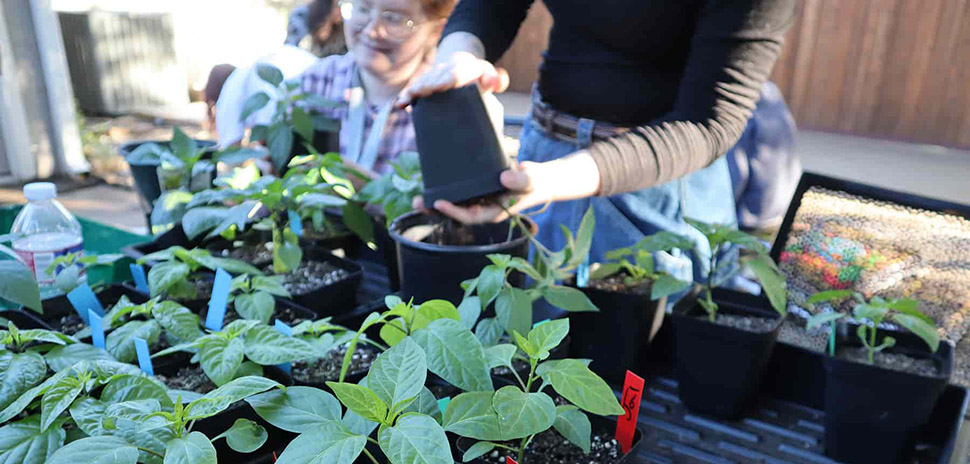If you visit a local Chili’s Bar and Grill soon, there’s a chance your food runner will be named Rita. She’s a bit over three feet tall, can carry a total of 66 pounds, and has a sweet “Happy Birthday” singing voice. She never calls in sick, always remembers your table, and makes mistakes less than 1% of the time.
Oh—and she’s a robot.
Chili’s parent company Brinker International has spent nearly two years testing the robots, and has already done pilot rollouts in 10 Chili’s locations in the Dallas area, California, and Florida. Now the company is expanding the robots to 51 additional Chili’s restaurants across Arizona, California, Colorado, Florida, Illinois, Massachusetts, Nevada, and New York.
We last talked to Wade Allen, Brinker’s SVP of innovation, when Chili’s began delivering chicken wings by drone in Granbury, southwest of Fort Worth. Today he told us what led to the Chili’s robot expansion.
“There were two things that we were really focused on, utilization and success rate,” Allen said. “We saw in our initial 10 restaurant test that team members were increasingly utilizing Rita over time. We also set an internal success threshold that she needed to perform her task correctly more than 99% of the time. She’s been doing that without an issue.”
Complementing Chili’s employees, not replacing them
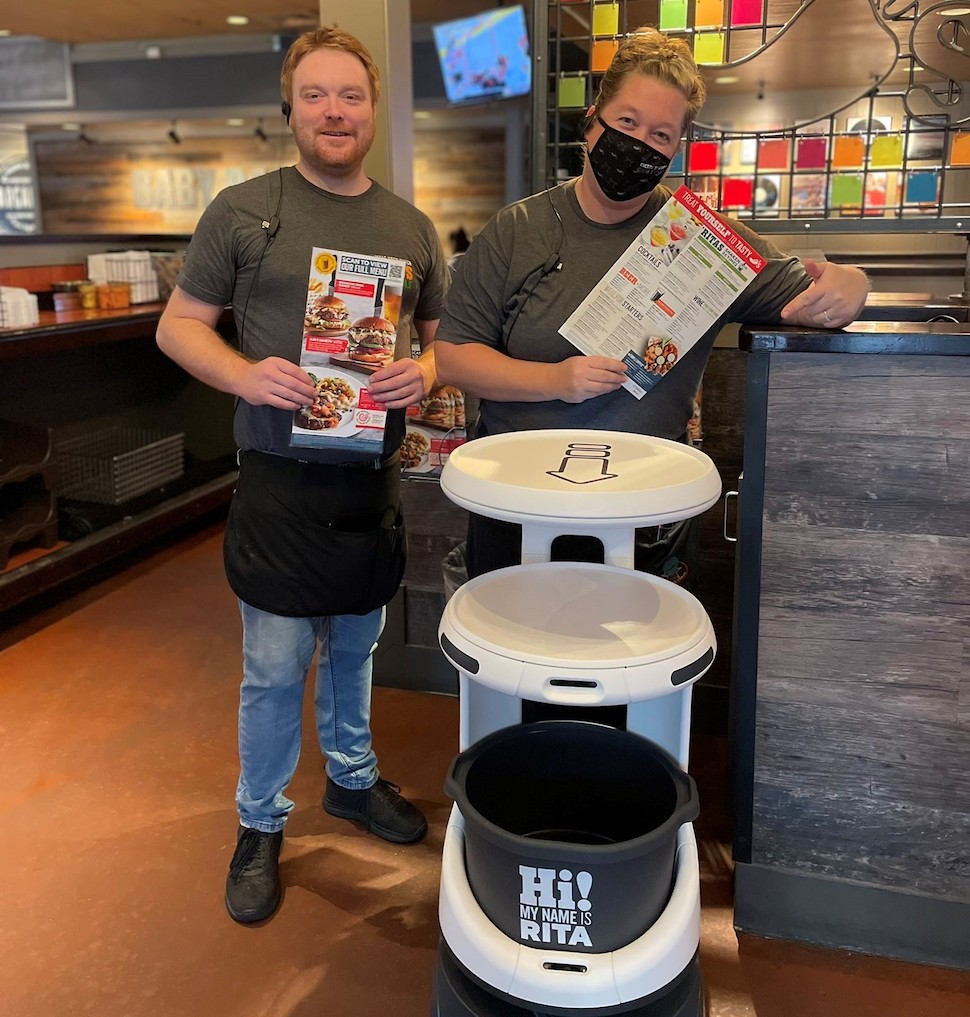
Chili’s Rita Robot with her human co-workers. [Photo: Brinker International]
Allen says the robots aren’t meant to replace Chili’s “human team members,” but to complement them and free them to engage more with customers.
“She’s a tool intended to make their jobs easier,” he said. “The hospitality industry is about people, and we have no interest in changing that. We’re innovating in ways that make team members less likely to burn out or wear down.”
Chili’s employees have responded positively, Allen said.
“To know Rita is to love her,” he said. “Team members have realized she really is there to make their jobs easier. Being a server, runner, or busser is hard work and Rita can shoulder some of that load, making those trips easier and leading to less exertion and more efficiency.”
What do Chili’s customers make of Rita? Allen says they’ve “genuinely enjoyed” the experience, and he has data to back it up: 82% of guests said they felt their experience was better overall because of Rita, and 77% said their server spent more time with them due to Rita’s support.
Rita is made by Bear Robotics, which has raised $117M
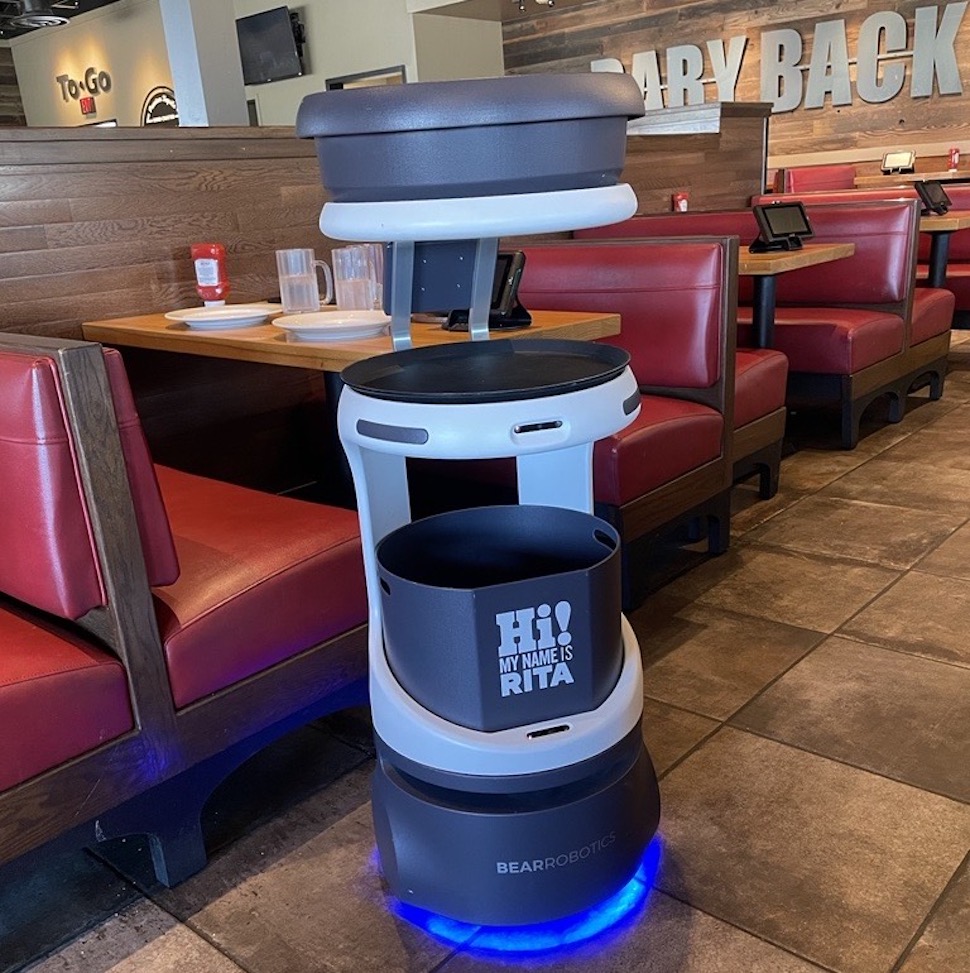
A Bear Robotics “Rita” table service robot being tested at a Chili’s restaurant. [Photo: Brinker International]
Chili’s robots are made by Bear Robotics, which announced last month it had raised $81 million in a Series B funding round, giving it $117 million in total funding to date—another sign that the trend is in for restaurant robots.
As seen above, Rita’s top two round tray holders are designed for carrying food and drinks to tables, following an AI-powered route through the restaurant to each mapped-out table. The large black bus tub in the bottom is used for additional storage or bussing tables. Visible on the top tray of Rita above is a small bus tub meant for collecting small dishes.
Rita may not call in sick, but since she’s battery-powered, she can run out of juice. However, Bear says the robot’s average battery life is between 8 and 12 hours, so she can pull a long shift before needing the 4 to 5 hours required to fully recharge. The robots are also capable of quick charging for 1 to 2 hours during downtime—say, between the lunch and dinner rushes—for another 4 to 6 hours of operation.
‘Intuitive host mode’
Bear Robotics offers an “intuitive host mode” that enables the robot to act as a host, greeting and seating customers. The robots require a high-speed internet connection to provide mapping, analytics, and instant feedback during operation.
At Chili’s, Rita is programmed to carry out her set missions of hosting, running food to tables, bussing tables, and singing the chain’s customized birthday song,.
At the robot-enhanced Chili’s locations, Rita delivers guests to their table, where a human server arrives to take the order on a TSE (Team Service Evolution) handheld device—which saves a trip by electronically delivering the order to the kitchen. When the order’s ready, the restaurants’ food runners may use Rita to carry the food and drinks to the table, allowing servers to maximize time spent with guests.
For now, Brinker isn’t planning to use the robots at its Maggiano’s Little Italy locations. “Never say never, but that’s not in our plan at this time,” Allen told us.
But Brinker is definitely planning to continue its move toward future tech. “Technology and robotics are absolutely part of the future of dining and restaurants,” Allen said.
See Rita in action in DFW
Want to see Rita in action for yourself? Here are four DFW-area Chili’s where the robots are whirring about with plates full of baby back ribs:
• Castle Hills Chili’s – 4570 Highway 121, Lewisville
• Tarrant Pkwy Chili’s – 8485 David Blvd, North Richland Hills
• Justin Road Chili’s – 6251 Long Prairie Rd, Flower Mound
• Park & Preston Chili’s – 5012 W Park Blvd, Plano
If you want to see video of Bear’s robots doing their thing, here’s one of them serving customers at a California pizza chain.
![]()
Get on the list.
Dallas Innovates, every day.
Sign up to keep your eye on what’s new and next in Dallas-Fort Worth, every day.

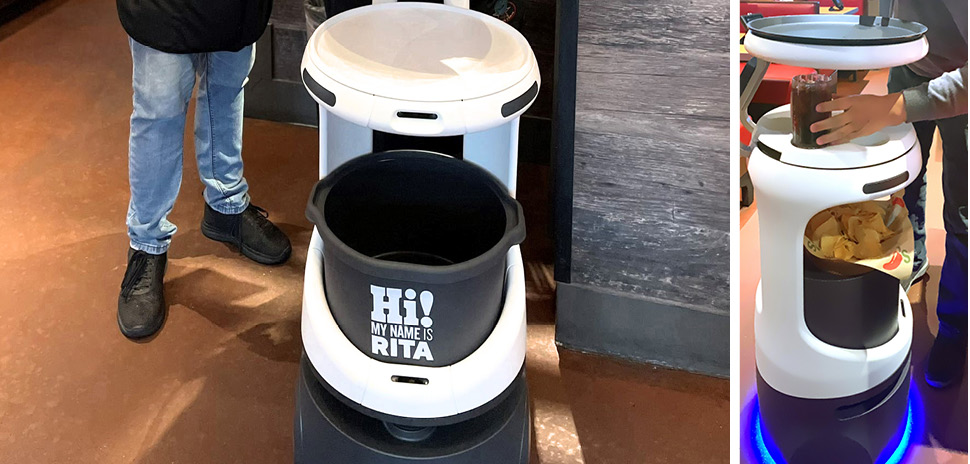

![Pudu offers many commercial service robots. Free 1-week trials of the PuduBot food delivery robot (far right above) are being offered to Dallas restaurants for a limited time. [Image: Pudu Robotics]](http://s24806.pcdn.co/wp-content/uploads/2021/11/Pudu-Robotics-970x464.jpg)
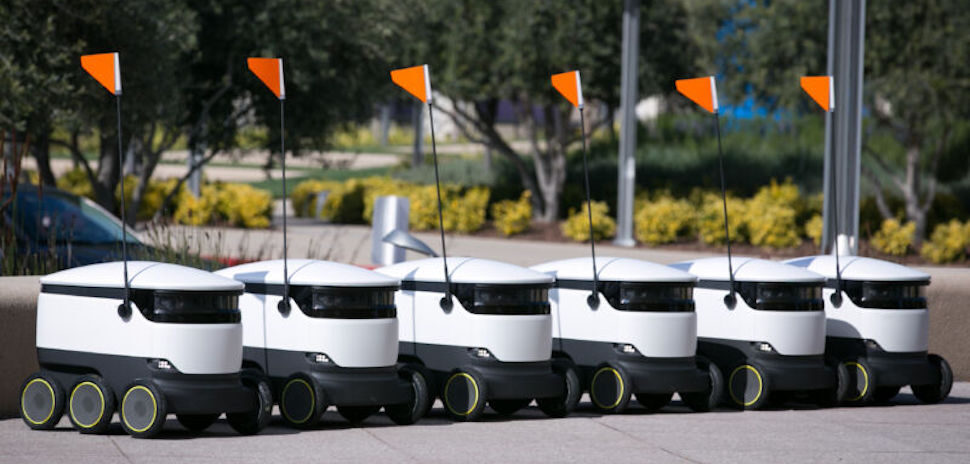
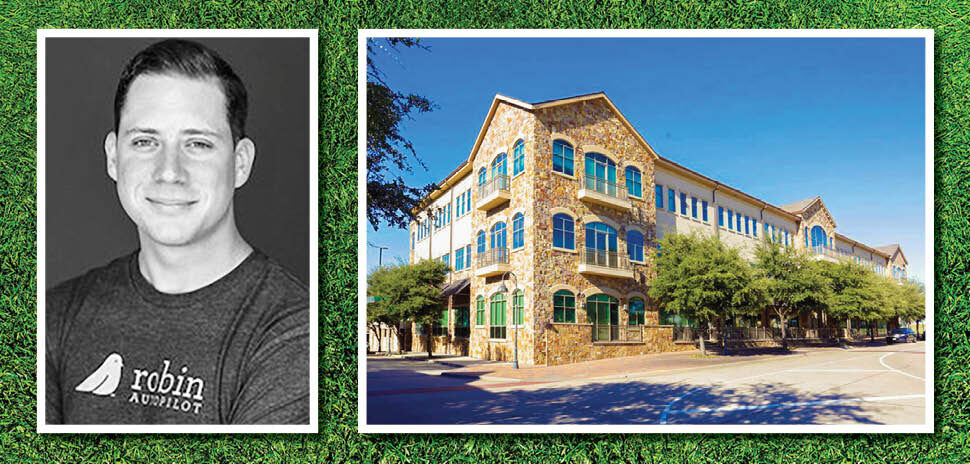
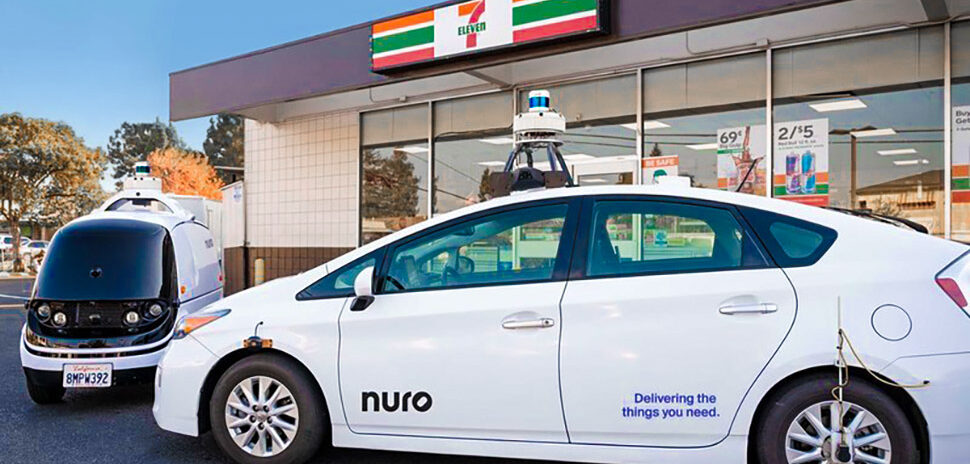


![Krupal Raval [Photo: CyrusOne]](http://s24806.pcdn.co/wp-content/uploads/2025/07/Cyrusne_KrupalRaval-970-75x69.jpg)




![Krupal Raval [Photo: CyrusOne]](http://s24806.pcdn.co/wp-content/uploads/2025/07/Cyrusne_KrupalRaval-970.jpg)
